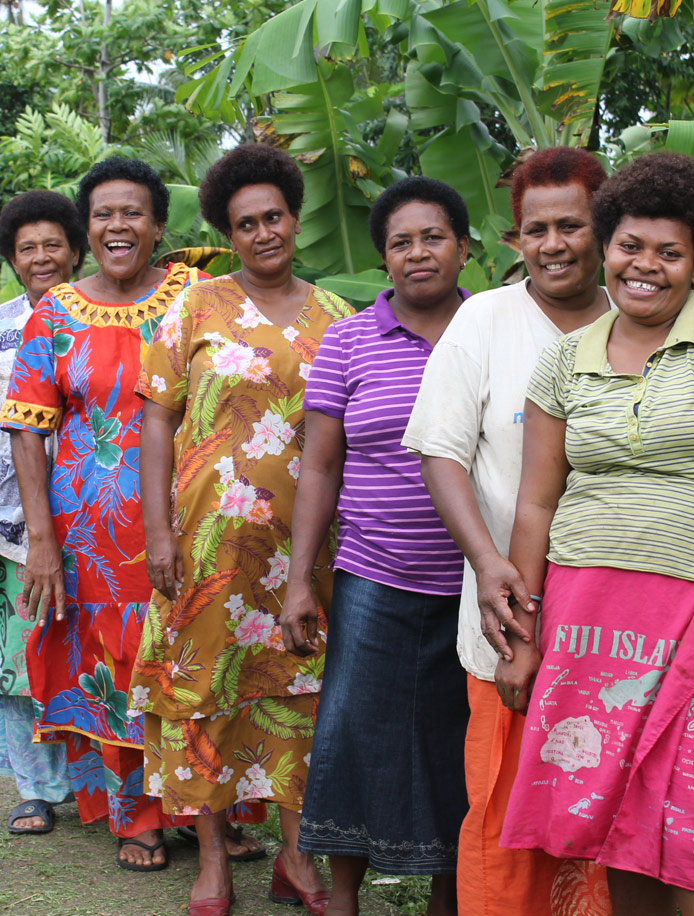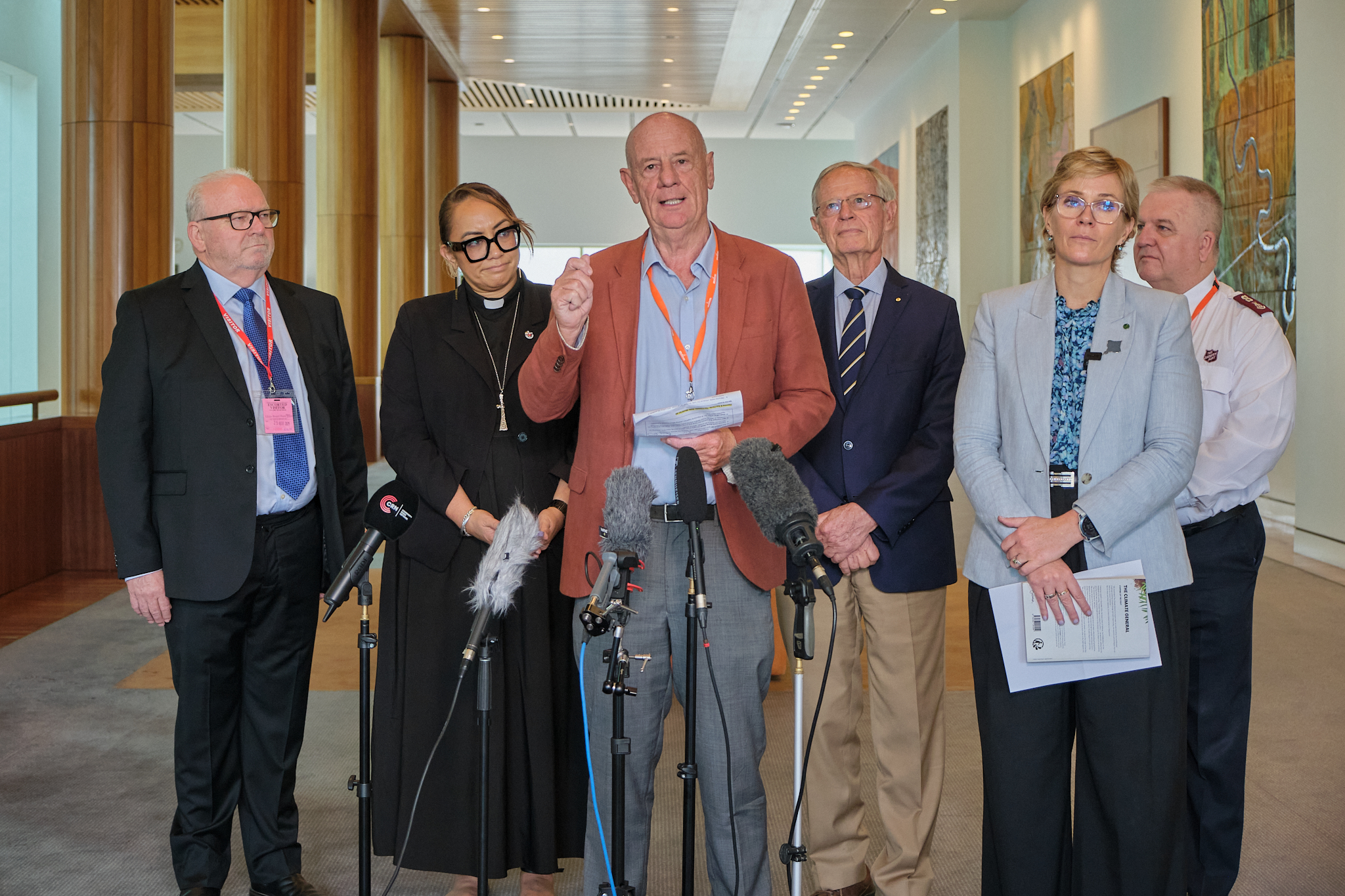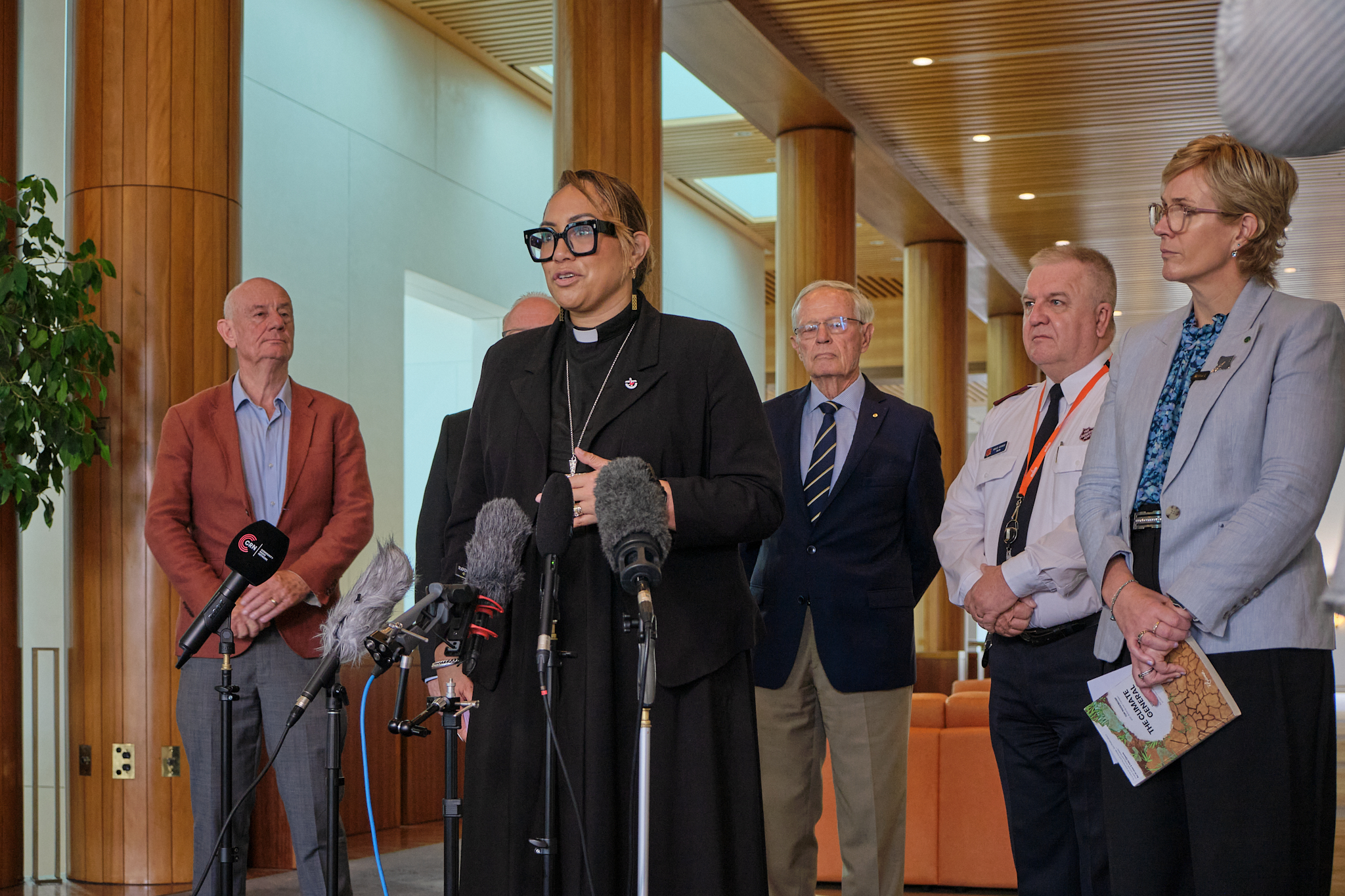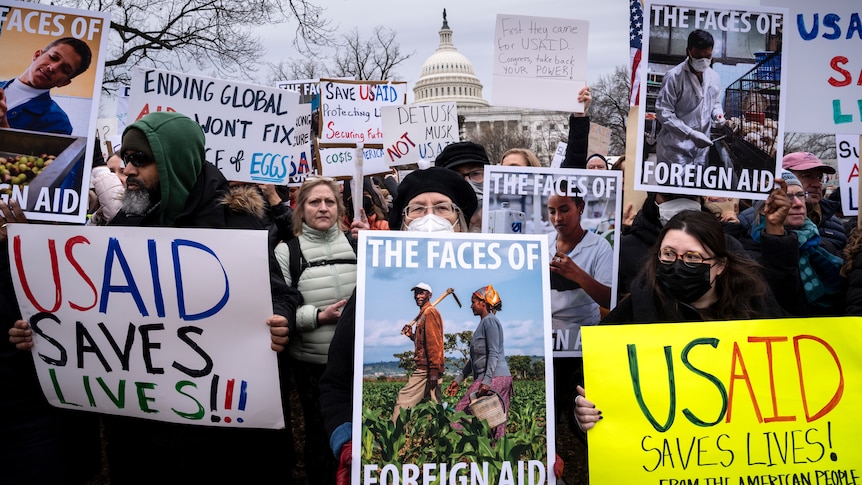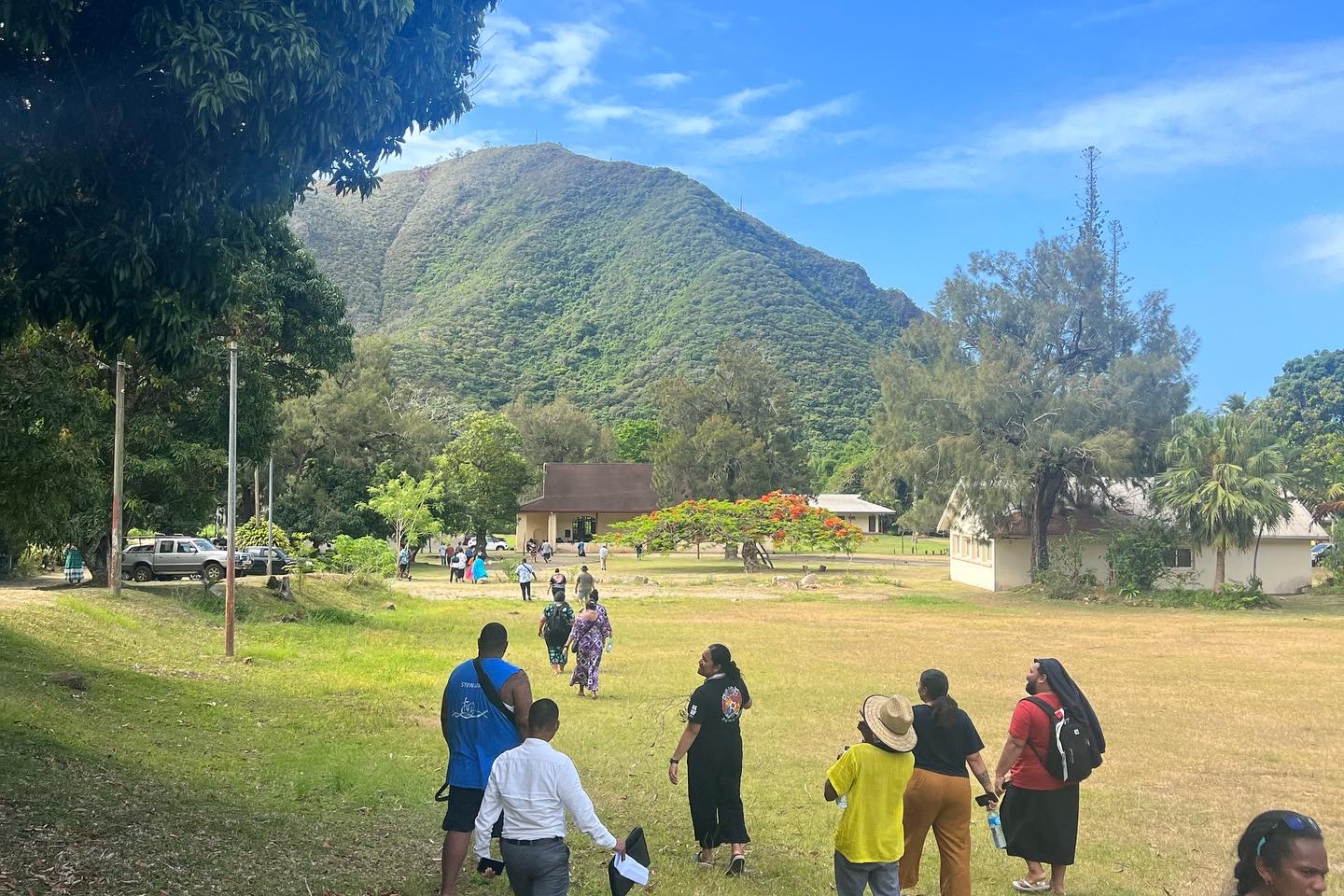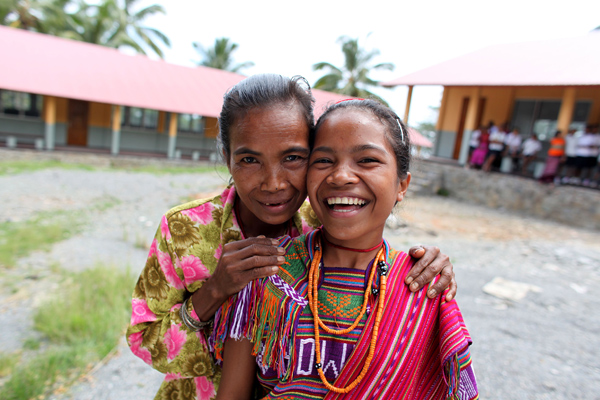
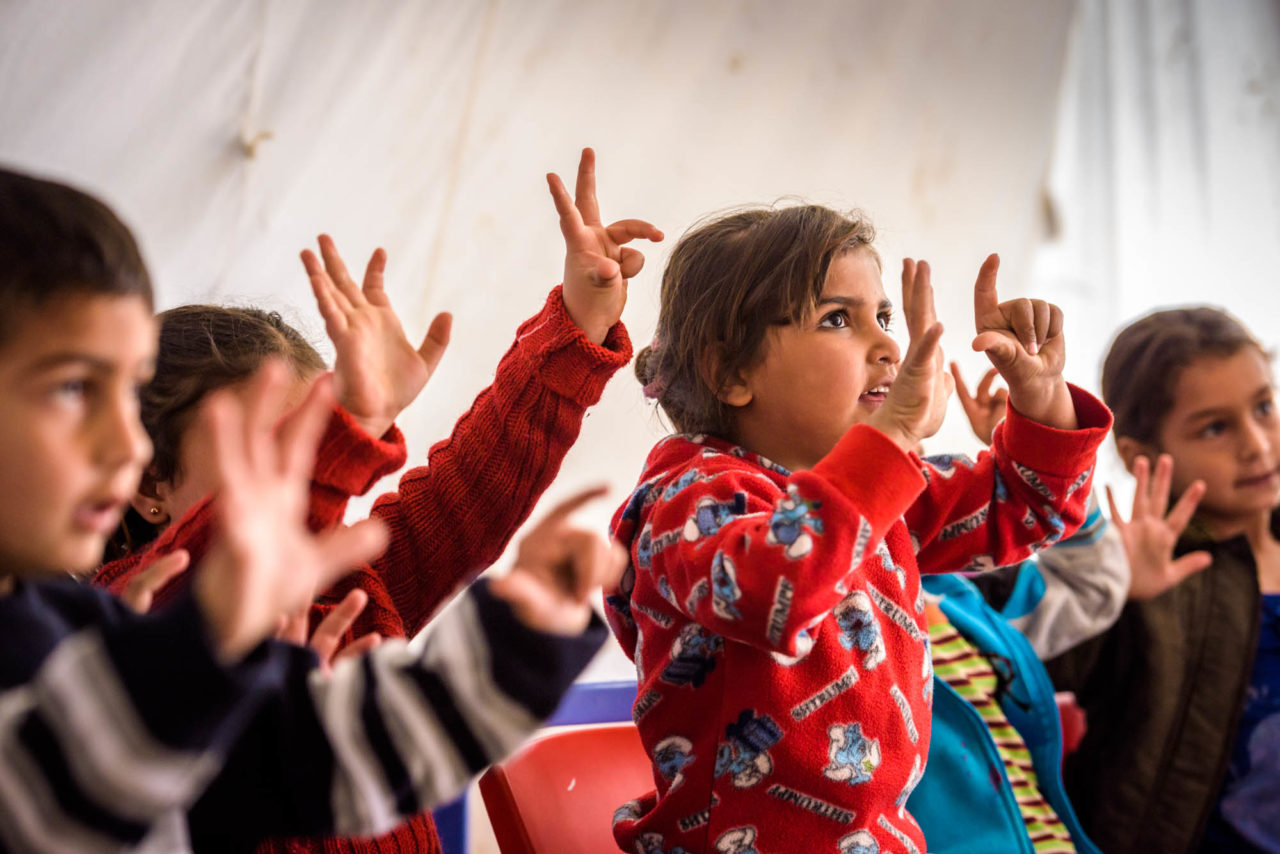
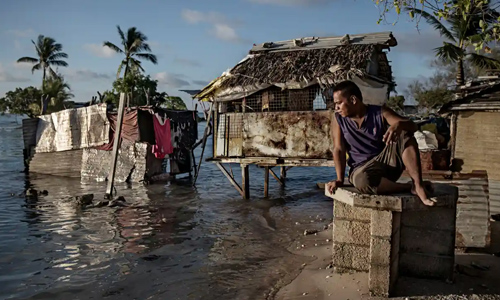
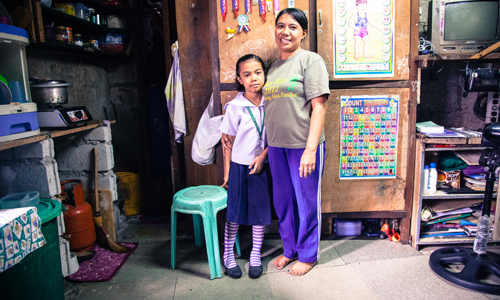
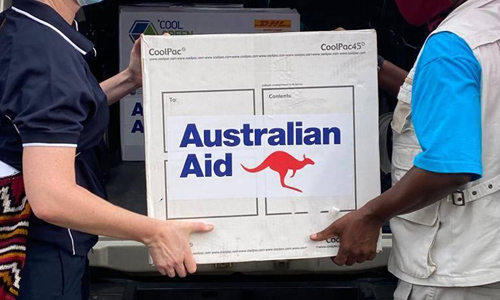
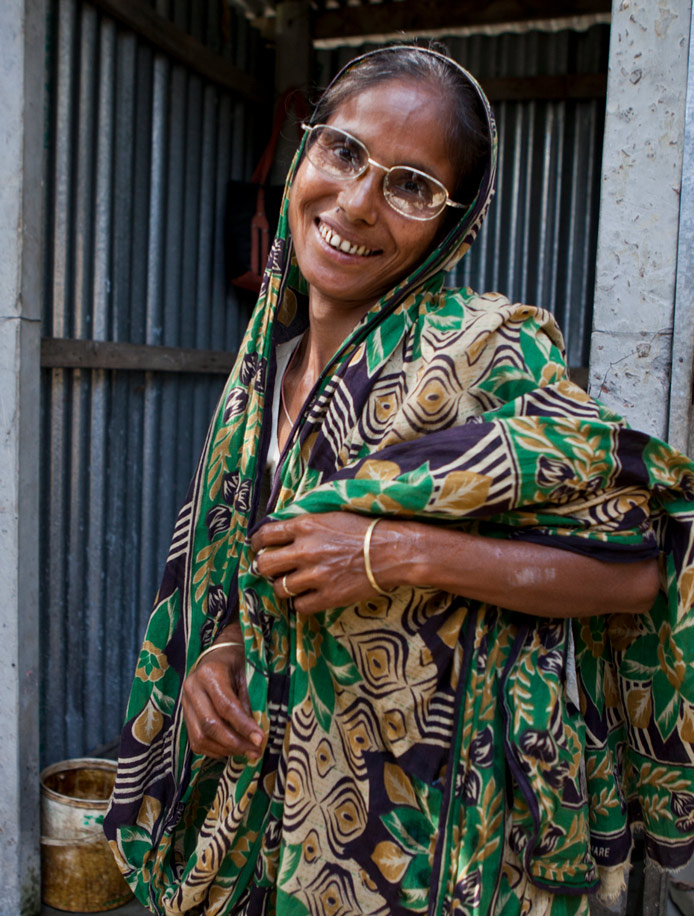
End Extreme Poverty
As a global community, we have made significant progress in reducing extreme poverty. From 1990 to 2015, we saw the global percentage of those living in extreme poverty reduced from 36% of the global populations to 10%. However, since the beginning of the COVID pandemic this number has been on the rise, with a further 150 million people pushed into extreme poverty during the crisis. As a nation, we have the resources to counter this rise, and support our global neighbours to lift themselves out of poverty.
Read moreStop Conflict
Whilst the number of war related deaths has been declining since 1946, conflict and violence has been on the rise. According to the United Nations, the key contributors of this rise are a scarcity of resources (this is exacerbated by climate change), a breakdown of governance and unresolved regional conflict.
Globally, conflict is devastating the lives of 10% of the population. In our connected world, conflict has a reach far beyond the borders in which it is occurring, with flow-on effects felt widely.
Read more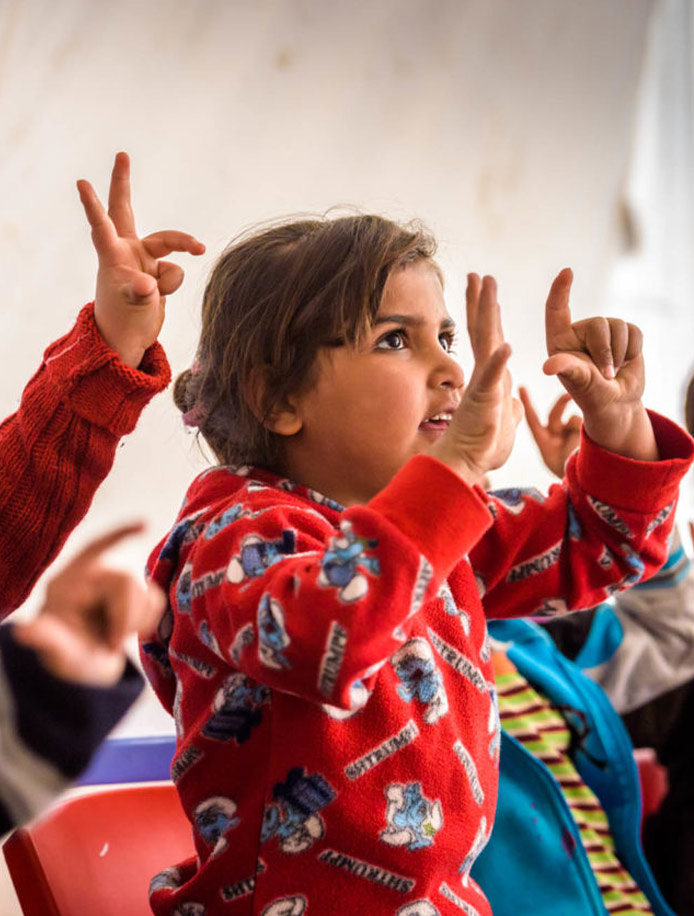
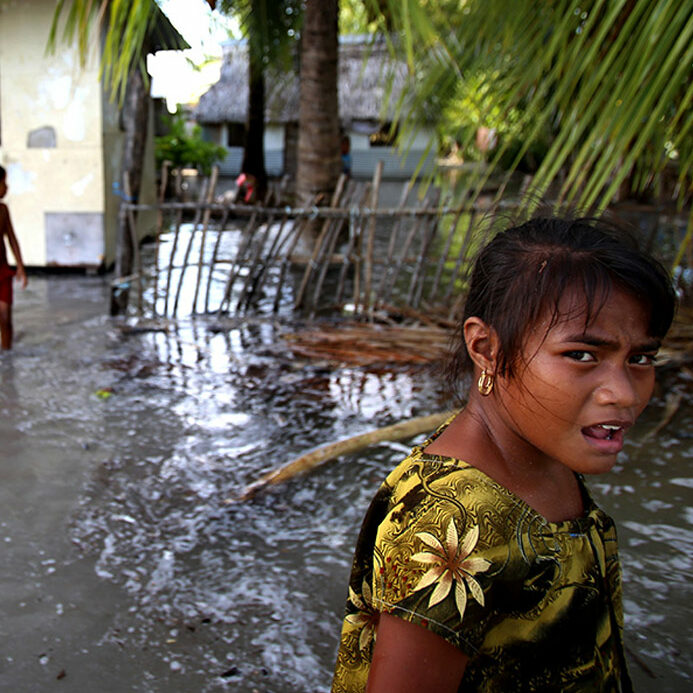
Protect Communities from Climate Change
Yet again, it is the world’s poorest who are most impacted by the effects of climate change. Those who have contributed the least emissions are typically the ones facing the worst consequences – increased extreme weather events, greater disease, and displacement.
Read moreLeave No One Behind
Our current structures and programs are failing those most vulnerable, with half of those living in extreme poverty being children and 20% of those in extreme poverty having a disability. It is often vulnerable peoples who are most effected by crisis and poverty.
Read more